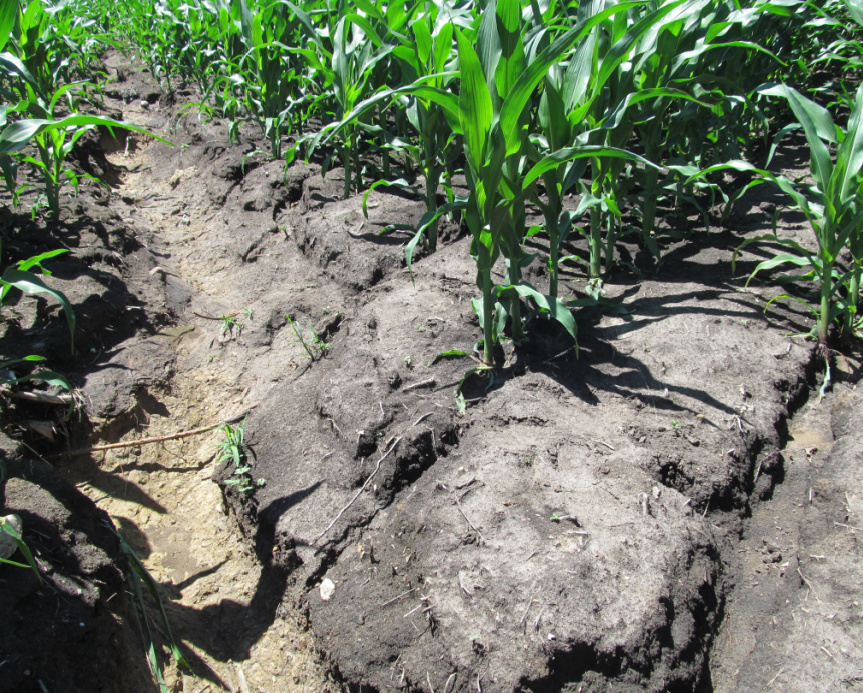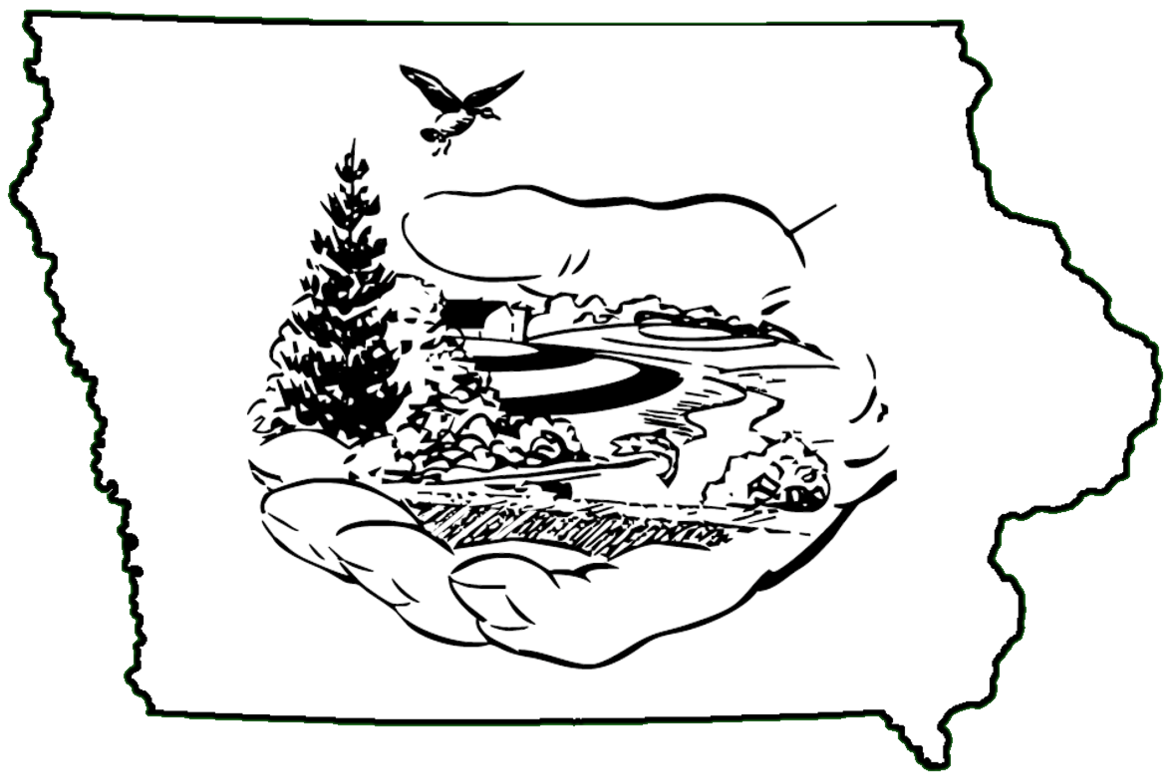Soil Loss Limit Regulations
Under the authority set forth in Chapter 161A, Code of Iowa, the commissioners are required to adopt, amend, and repeal such reasonable regulations as are deemed necessary to establish and maintain soil loss limit regulations for the district. The soil loss limits are reviewed at least once every five years, and any amendments are presented at a public hearing.
Amendment of Soil Loss Limit Regulations for Madison County (2021)
List of Madison County Soil Loss Limits
Land Disturbing Activities
Iowa Code 161A.64 requires erosion control plans for certain projects. Iowa Code 161A.64, subsection 2, states that prior to initiating a land disturbing activity in a political subdivision which has not adopted sediment control ordinances as described in subsection 1, a person engaged in the land disturbing activity shall file a signed affidavit with the soil and water conservation district that the project will not exceed the soil loss limits. This form must be signed and filed with the applicable political subdivision or the soil and water conservation district before the land disturbing activity is initiated. The affidavit shall be in the form prescribed by the Iowa Department of Agriculture and Land Stewardship and made available by the district. Iowa Code 161A.47 authorizes district commissioners to inspect land based upon a soil loss complaint.
View a sample of the Land Disturbing Activities Affidavit here
To learn more, visit Iowa Code 161A
Soil Loss Complaints
A soil and water conservation district may receive verbal or written notification that a problem exists where erosion from one property is resulting in sediment damage to another property. The first course of action would be to discuss the mutual erosion problem. If the problem cannot be addressed by informal discussion, the party alleging damage must submit a formal complaint.
The complaint is the catalyst which triggers the use of the Iowa Sediment Control Law. The complaint must be in letter form, stating that excessive erosion is occurring upon the alleged offending party’s land and that sediment damage is occurring.
After a complaint has been properly filed, a quorum of the soil and water conservation district commissioners, the respective IDALS-DSCWQ Field Representative, together with technical staff, should meet with the complainant to consider the facts and circumstances surrounding the complaint. The commissioners will make an inspection of the land of the complainant to ascertain if sediment damages are occurring upon the property.”
Learn about Iowa’s Soil Loss Limits

